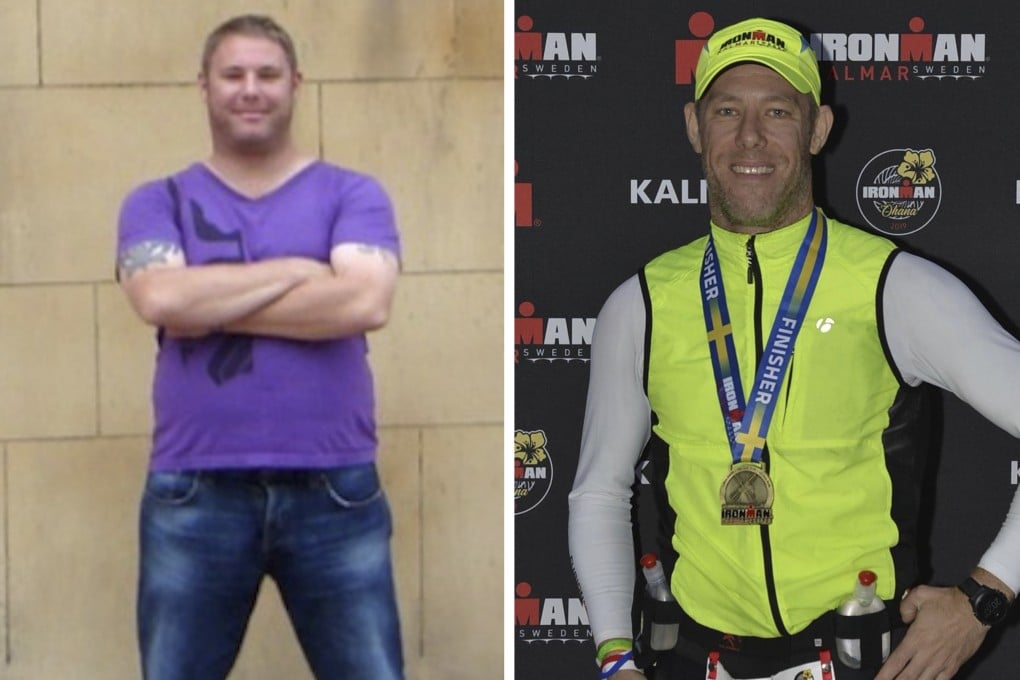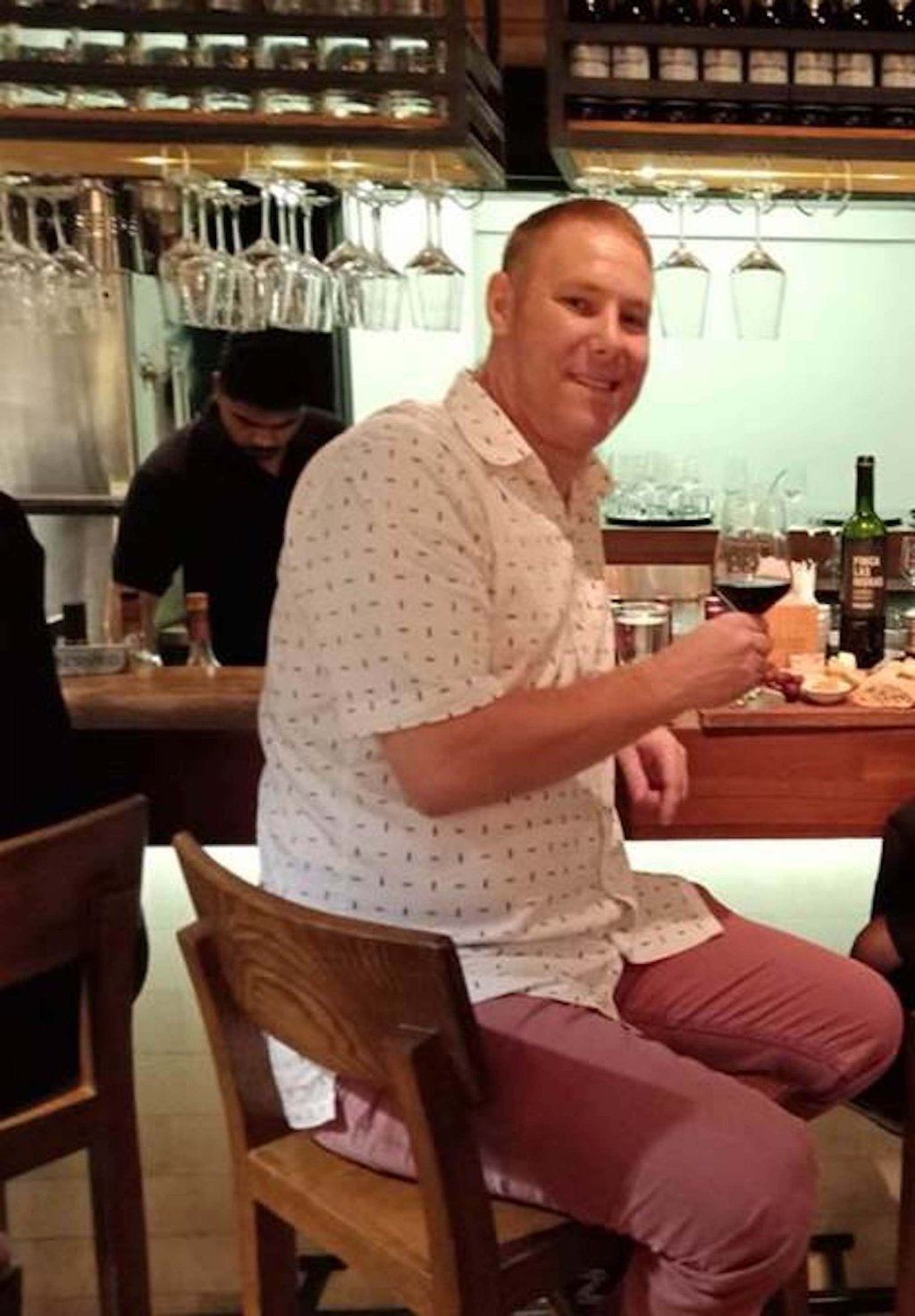From 30kg overweight and depressed to Ironman competitor – how a Singapore expat addicted to alcohol and junk food turned his life around
- Physical and mental health are interconnected, and Nick Jonsson is living proof: he became a happier man after he lost weight, quit alcohol and took up exercise
- Improving your physical and mental health starts with making positive lifestyle changes, including eating right and exercising, an expert says

Nick Jonsson is well aware of the tight links between our physical and mental health. In just a few years he has transformed from an unfit, overweight and depressed expat who was addicted to alcohol and junk food, to a healthy and happy long-distance triathlete.
“In 2010, I weighed 104kg, which was 30kg too much for my 1.81-metre (5ft 11-inch) frame,” shares the 47-year-old Swedish entrepreneur and author, who has been living in Singapore for the past five years.
“Desperate to lose weight, I started exercising and changed my diet. It worked, and I managed to keep the weight off for the next four years. But then I began experiencing personal problems and the extra kilos piled back on.”
Jonsson had dealt with his personal problems – he’d separated from his wife and resigned from his job – by going out to bars and bingeing on alcohol, which he says relaxed him.

“I’d drink 10 to 15 beers and one or two bottles of wine at night, but then I’d wake up the next morning and feel so bad for having drunk excessively the night before that I would drink again to make myself feel better,” he recalls.
He also abandoned his healthy diet and turned to fast food for comfort.